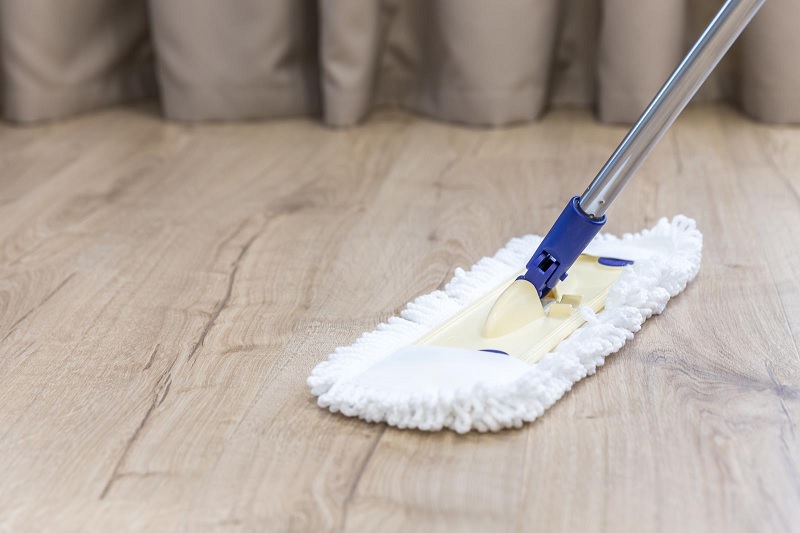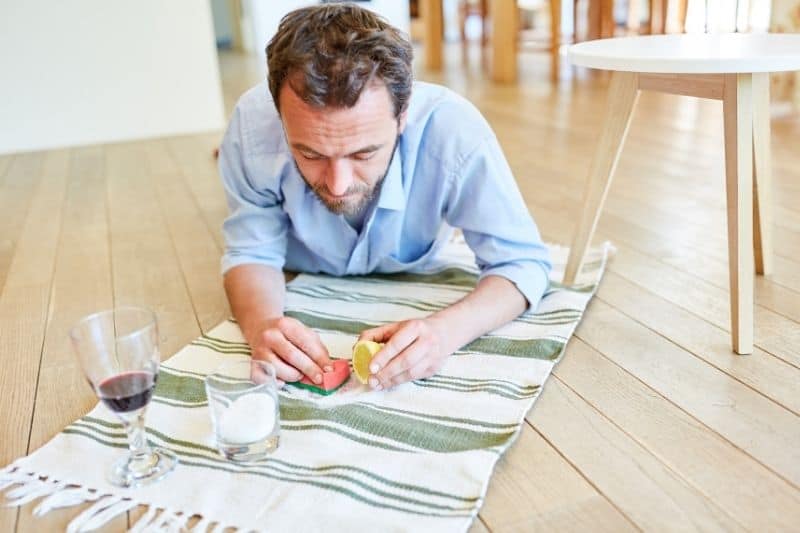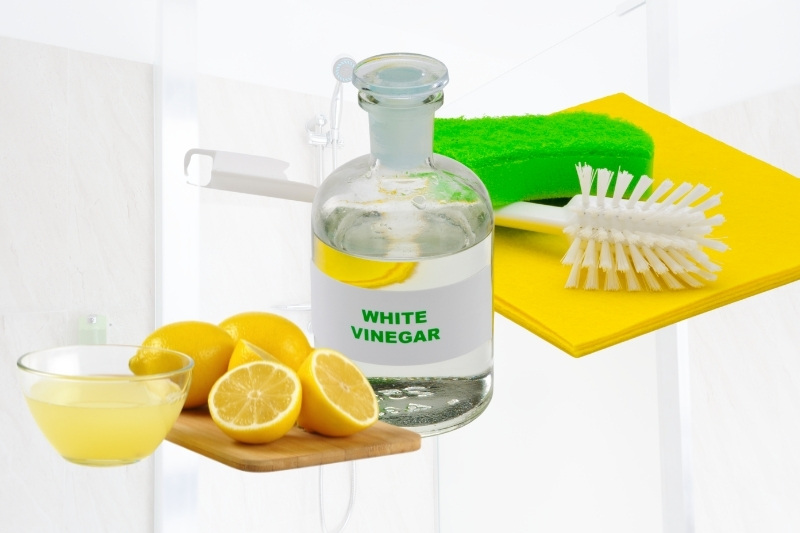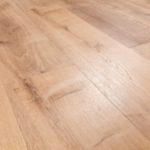Forget using disagreeable smelling chemical products for cleaning your floors. Lemon-infused cleaners are surprisingly versatile and clean your home, leaving it smelling good, and your hands will be cleaner, too.
When combined with the right ingredients, lemon juice is an efficient cleaner for many areas of the household, replacing several commercial cleaning products. It also works well for getting rid of pet odours and removing stains.
Lemon works wonders in almost any kitchen setting. It’s the all-purpose cleaner that cleans the grease, stains, odours, and more.
It’s easier than you think to clean your entire house with lemon and water. You’ll find that fresh lemons can clean everything from your floors to kitchen countertops, bathroom mirrors, and other surfaces around the house.
Lemon juice combined with bicarbonate of soda, or simply mixed with hot water, will help clean a variety of stains from your walls, floor, and furniture.
You might just learn to love washing your dishes in your kitchen sink with lemon juice.
Is Lemon Juice Good for Cleaning Floors?
Yes, lemon juice can be used to clean dirt and stains from some types of floors. Although lemon juice is acidic, it is usually quite safe to use when cleaning wood or tile floors as long as it is diluted.
You can use it on the following floor types:
- Wood – As long you dilute it and you make sure to rinse and dry the floor afterwards, lemon juice is safe to use on wood. It will cut through dirt, grime and stains, making it good for cleaning wood floors.
- Tile – Diluted lemon juice is good for cleaning tile floors, but undiluted lemon juice can damage them.
However, it’s not recommended to use lemon juice on the following types of floors, as it can leave white spots on them:
- Marble
- Stone
- Concrete
Cleaning Floors with Lemon
Here’s a step-by-step guide to cleaning your floors with lemon.
- Wipe away all crumbs, debris, and other rubbish from the floor by brushing the floor.
- Cut the lemon into half and squeeze the juice from the lemon into a container. Depending on the size of the floor area to be cleaned, you may need one or more lemons.
- Mix the freshly squeezed lemon with water into a mopping bucket, and mix the mixture around to ensure a good mixture of water and lemon juice.
- Mop your floor using steady, consistent strokes and make sure all nooks and crannies are reached.

Removing Really Stubborn Stains from Your Floor
If your floor has really tough stains, you will need to take a slightly different approach. Here’s how to remove stains from the floor using lemon:
- Sprinkle salt over the area of the floor surrounding the stubborn stain.
- Cut your lemon into half.
- Using the cut-side of the lemon, scrub over the salt and any stubborn or food stains on the floor, using the lemon like a sponge.
- Allow up to 5 minutes for this lemon-salt solution to soak into the stubborn stain area.
- Scrub the whole area with a hard bristle brush, such as a scrubbing brush.
- Rinse off the floor using warm, clean water, and use the scrubbing brush to remove any final residue or marks.
Using Lemon as a General Household Cleaner
Lemon is a great household cleaning agent. It’s affordable, easy to use, and effective. You can use it to clean windows, floors, and dishes.
If you want to clean your bathroom, try using lemon as a shower cleaner. It can also be used to clean your kitchen countertops, counters, and appliances.
Lemon contains citric acid, which is an effective detergent.
Citric acid is strong enough to remove soap scum and grease. It’s also a natural disinfectant. It can be used to clean anything from your refrigerator to your car.
Lemon juice as a stain remover

Lemon juice can also be used as a stain remover. Just pour some onto the spot, let it sit for a few minutes, and then wipe it off with a cloth.
This will work on most stains, including blood, ketchup, coffee, wine, and rust.
Lemon juice as a cleaner for furniture
Lemon juice can also be used as a cleaner for wood furniture and floors. Mix it with water to create a paste and apply it with a soft rag.
Let it dry and buff it with a dry cloth. You can also use it to clean tile and grout.
Lemon juice as a cleaner for bathrooms

Lemon juice can be used to clean your bathroom countertops. It will work well on sinks, toilets, and tubs.
Mix one part lemon juice to three parts warm water and use a soft sponge to apply it. Let it sit, settle, and be absorbed by the stains for a few minutes, then rinse with warm water.
Lemon juice for cleaning your car
Lemon juice is an effective cleaner for your car. It will remove the dirt and grease from your car’s interior and exterior.
Mix it with water in a spray bottle and mist your car’s interior and exterior. Let it sit for a few minutes, then wash with soap and water.

In The Wash is your guide to the best laundry and cleaning products, tips and tricks. Our mission is to solve the UK’s cleaning and laundry dilemmas!






